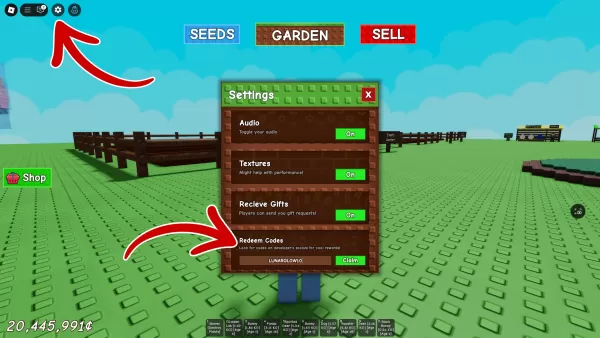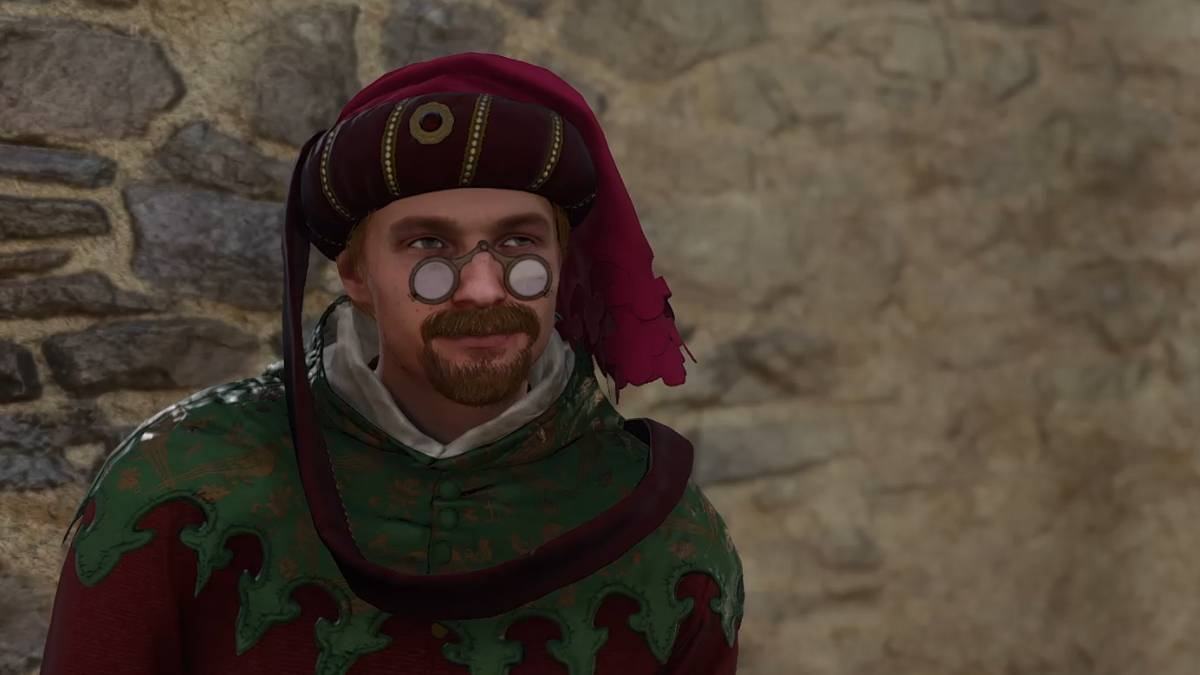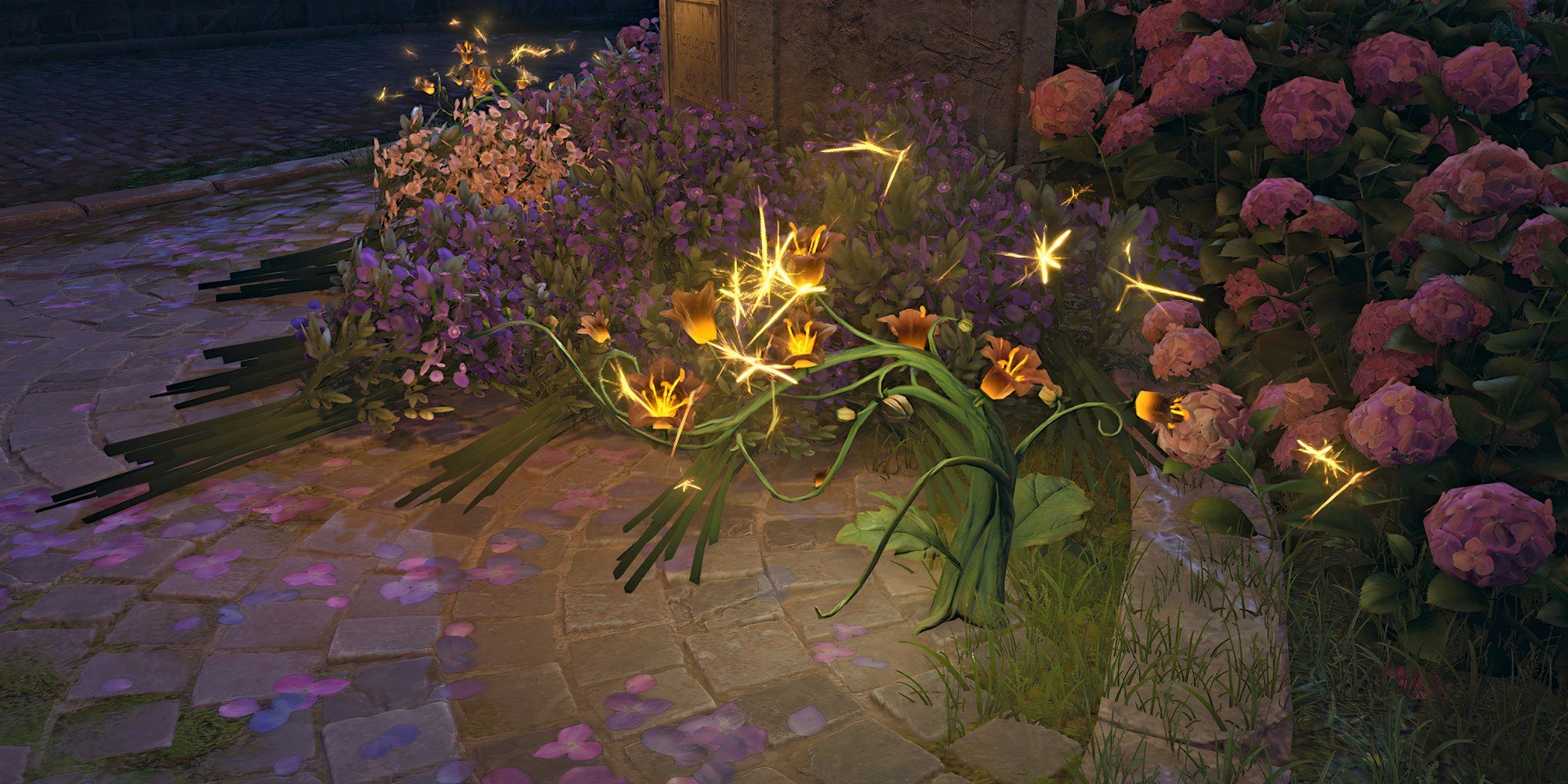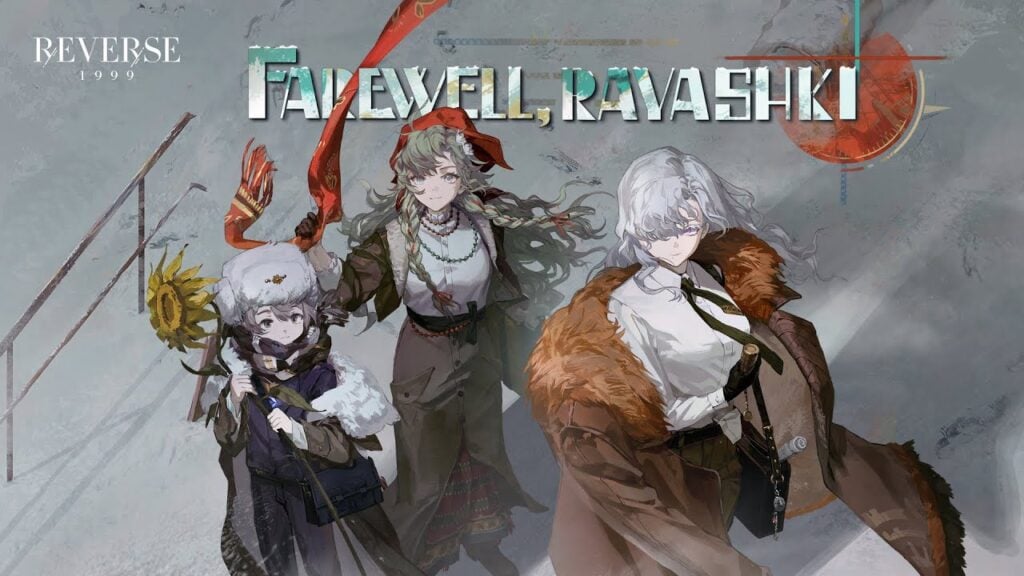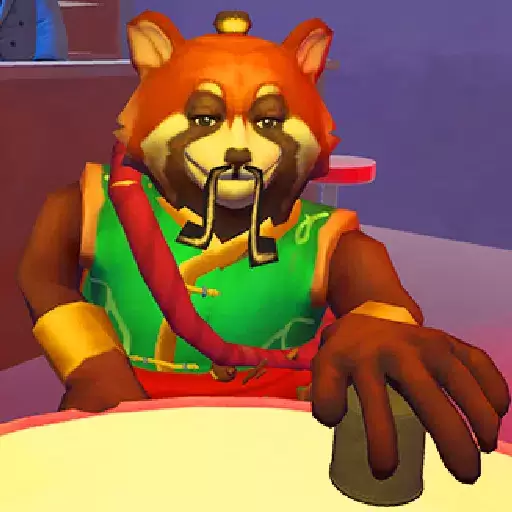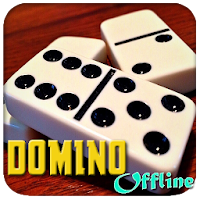Video games have evolved far beyond their origins as mere action-packed, adrenaline-fueled entertainment. Hideo Kojima, the creative genius behind Metal Gear Solid, brought forth a groundbreaking narrative with Death Stranding, focusing on the dual themes of division and connection in a world before the global pandemic. The game's innovative story structure and unique delivery-based movement mechanics opened up new avenues for gaming experiences.
In the eagerly awaited sequel, Death Stranding 2: On the Beach, set to release on June 26, 2025, Kojima delves deeper into the complex question: "Should we have connected?" As societal divisions continue to widen, we were curious about Kojima's stance on this theme during the creation of the sequel's story.
The development of Death Stranding 2 took place during the unprecedented circumstances of the Covid-19 pandemic. This period forced Kojima to reevaluate the concept of "connection." He had to reconsider its meaning, reconstruct it, and grapple with his understanding of technology, production environments, and the essence of human relationships. How did these challenges influence his vision for the game?
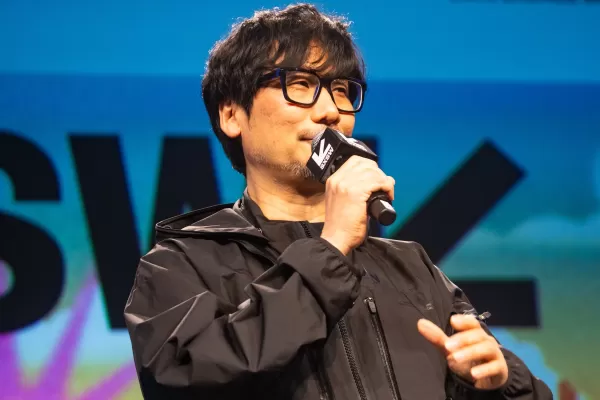 In an insightful interview, Kojima shares his philosophical approach to the game's production. He discusses elements from the original game that he chose to leave behind and those he carried forward into the sequel. Additionally, he reflects on the state of contemporary society and its intricate relationship with his games.
In an insightful interview, Kojima shares his philosophical approach to the game's production. He discusses elements from the original game that he chose to leave behind and those he carried forward into the sequel. Additionally, he reflects on the state of contemporary society and its intricate relationship with his games.

 Latest Downloads
Latest Downloads
 Downlaod
Downlaod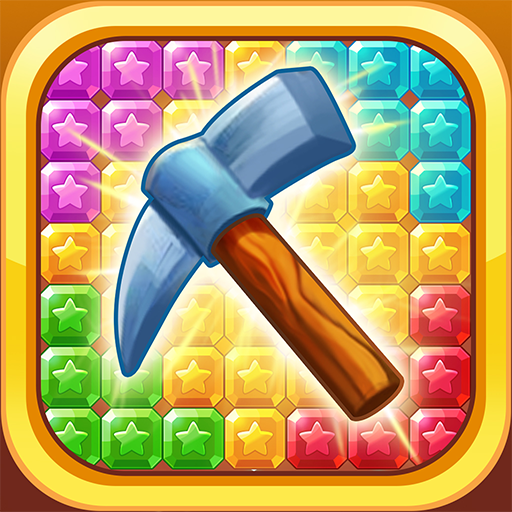




 Top News
Top News